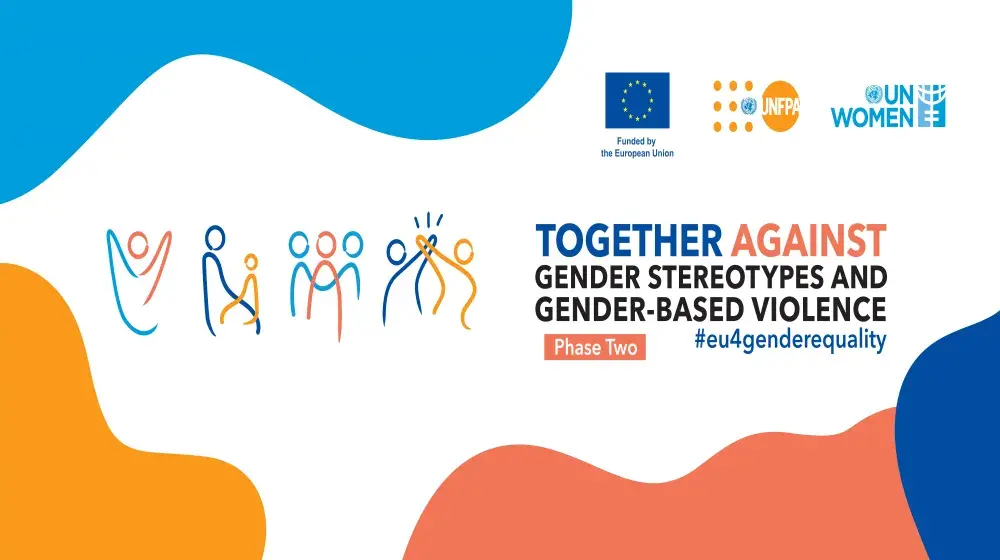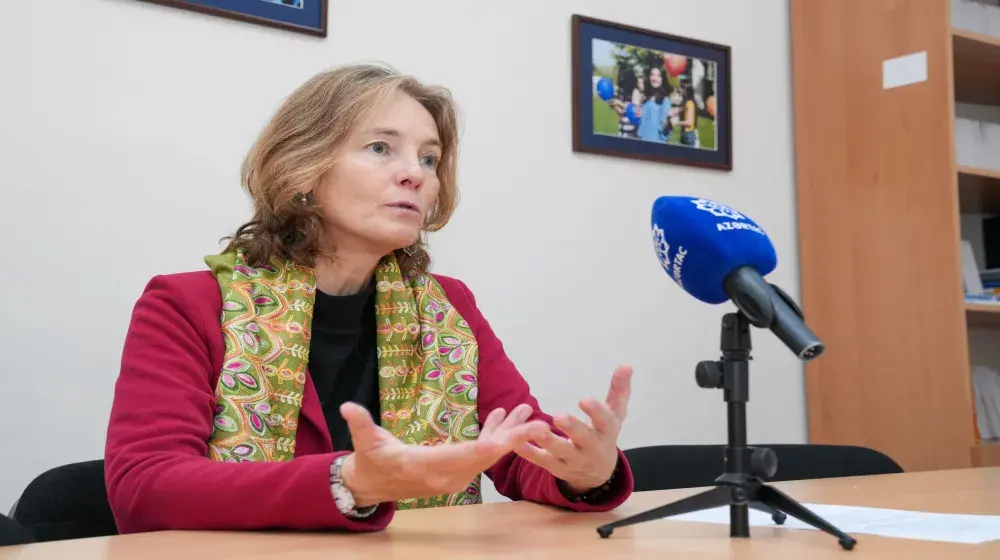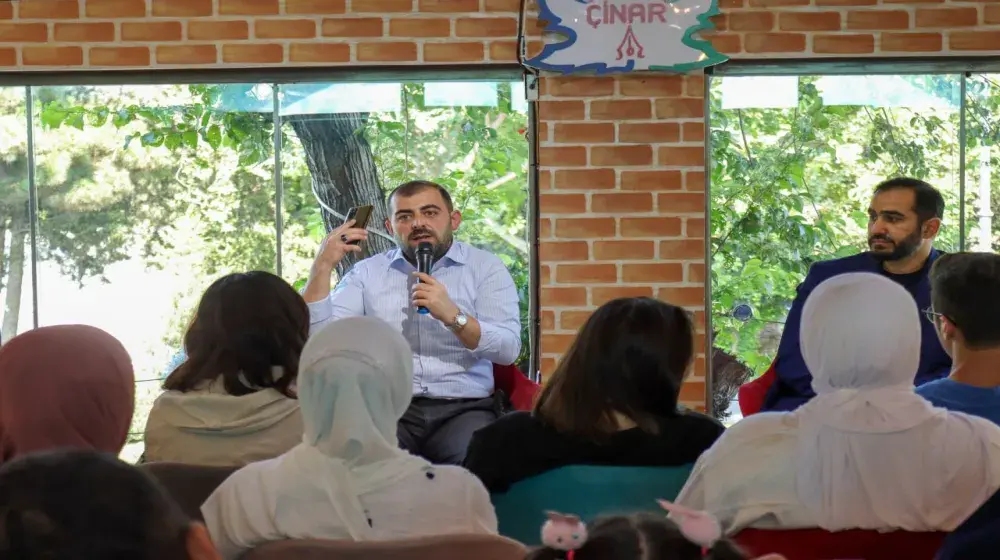Aynur* recalled the beginning of her relationship with Rauf* as “blissful”. The 24-year-old had recently completed a Master’s degree in Poland, returning to her home in Azerbaijan to begin a career as an English teacher when she met her future boyfriend.
Within a few months they were married and moved in together, but his behaviour quickly became controlling and coercive.
“He restricted access to my mobile phone, prohibited me from watching television and going outside alone, and stopped me communicating with my relatives when he wasn’t around,” said Aynur.
As time went by, she began to suspect her husband of infidelity, but when she tried to voice her concerns, he locked her in a room for days on end without food.
“The saying ‘hope dies last’ was my guiding principle,” said Aynur. When she became pregnant, she hoped he would calm down. “Despite my optimism that the birth of our daughter would lead to positive changes, nothing improved. In fact, my parents-in-law soon began to blame me for my husband’s behaviour.”
Research shows that more than one third of women in Azerbaijan have been subjected to some form of violence by their partner, but few feel able to leave, seek help or report the crime to the police.
A call for help
Unable to endure any more, Aynur made several unsuccessful attempts to leave. Finally, she came across a three-digit helpline (860) supported by UNFPA, the United Nations sexual and reproductive health agency, offering online, confidential psychological support for women and girls affected by gender-based violence.
Aynur feared losing custody of her child if she pursued divorce, and said she doubted her ability to take care of her daughter alone. But when she called the helpline, she found the answers to her questions. After eight psychotherapy sessions provided by the helpline staff, she summoned enough confidence to leave.
“Through the sessions, Aynur gained an opportunity to self-reflect, remember her professional life before marriage, boost her self-confidence and eventually realize her own capabilities,” said Aygul Abbasova, a psychologist who provides consultation services through the helpline.
The helpline is part of a programme called Women at the Centre, funded by Takeda Pharmaceuticals and run by Azerbaijan’s State Committee for Family, Women and Children’s affairs, which also provides referrals for health care, shelter and legal advice. The team began operating in 2020 and currently consists of five members – two operators qualified in clinical psychology, one coordinator, one accountant and one lawyer.
Since its launch, the team has handled over 1,100 calls, with 44 leading to in-person consultations. The majority of these calls have come from women and girls, especially those from marginalized communities. “Survivors of violence often have little to no belief in their own abilities and struggle to see beyond their immediate circumstances,” said Ms. Abbasova.
Looking to the future
The helpline staff also supported Aynur to return to her job as a teacher, setting herself back on the path towards financial independence.
Aynur’s husband and in-laws later visited her and her daughter in her hometown, offering gifts and an attempt at reconciliation. “He even told me he was ready to forgive me for leaving home.”
But with her regained confidence and new opportunities, she declined to reconcile, recognizing that the abuse had prevented her from reaching her full potential.
“Learn from yesterday, live for today, hope for tomorrow,” she said. “There is so much I have learned from my past – now I live for my daughter and myself.”
*Name changed for privacy and protection





